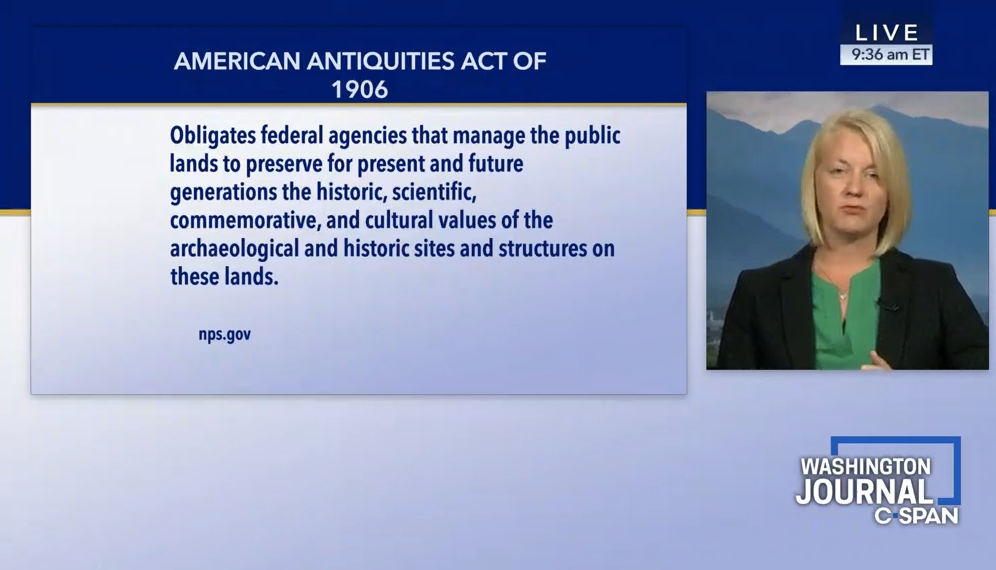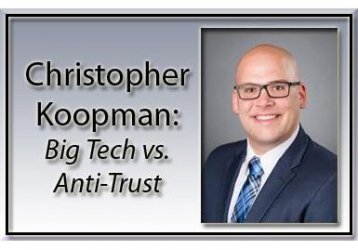
Op-ed: Want To Help Immigrants? Reform Occupational Licensing Restrictions
Latinos are a large portion of the American electorate, and issues that are important to them will be a big part of 2020 election strategies.
Read More
Here at The Center for Growth and Opportunity, we have a unique way of confronting challenges. Relentless optimism. Bold commitment. Fearless innovation. We want to leave the world a better place than when we got here. Whether it’s our award-winning students, or our world-class researchers, we look to work together to find creative solutions to today’s most pressing issues. We’re committed to turning ideas into action.





























